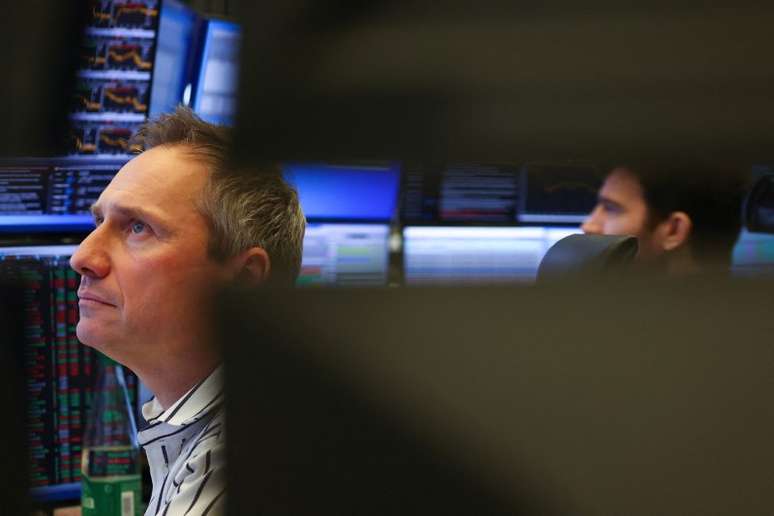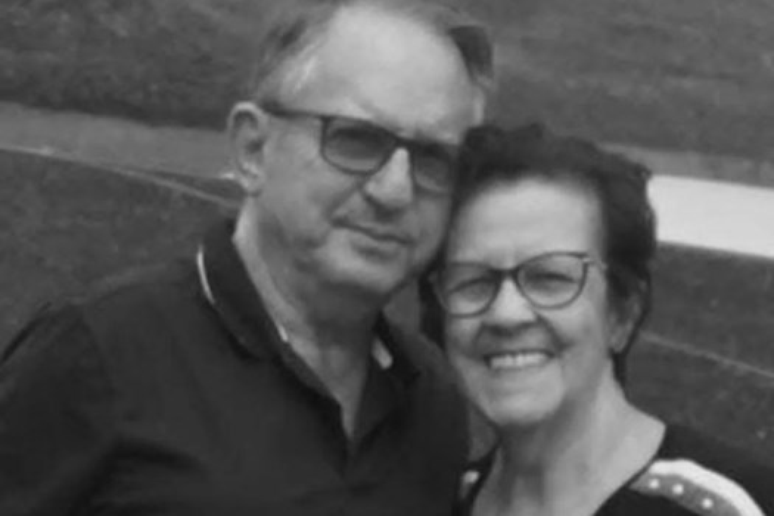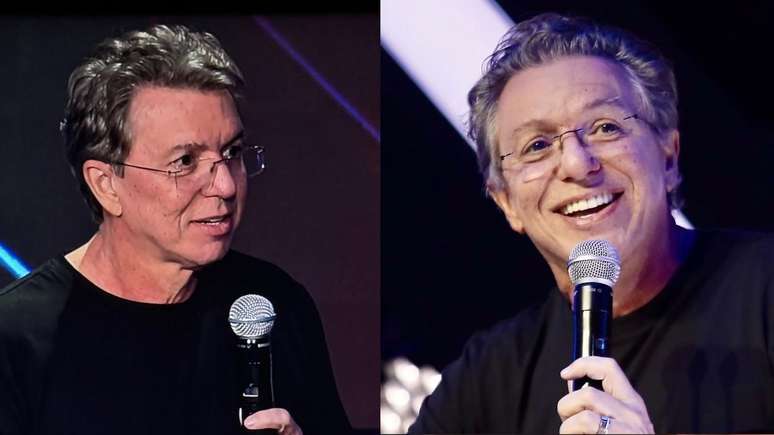The new exchange, controlled by Abu Dhabi’s Mubadala, will undergo a testing period of up to six months before its launch
The new Rio de Janeiro-based exchange is expected to begin its testing period in early 2025, signaling a shift in Brazil’s financial landscape.
The Basic Exchange will begin operating more than two decades after the country’s second-largest exchange merged with Sao Paulo’s Bovespa, now known as B3.
The new exchange, controlled by Abu Dhabi’s Mubadala, will undergo a testing period of up to six months before its launch, expected in the second half of 2025, its executive chairman, Claudio Pracownik, said.
Base Exchange will initially trade stocks, real estate funds and index funds (ETFs) with its own clearing and settlement structure. It should later expand its services to include futures and derivatives trading, Pracownik said.
Although it plans to also offer listing services, the Rio Stock Exchange will initially focus on companies already listed on B3.
“Obviously there is room for competition,” Pracownik said. “Competition brings security.”
B3, based in Sao Paulo, operates in both the exchange and over-the-counter sectors.
“We compete for the listing of Brazilian companies, for the allocation of foreign investments and for the provision of services for fixed income products,” B3 said in a statement.
But the company said a second exchange “could impact trading fees, but could also fragment market liquidity and consequently impact total transaction costs.”
The launch of the new exchange is supported by the mayor of Rio de Janeiro, Eduardo Paes, who this year approved a law reducing the service tax on exchange activities from 5% to 2%.
But the sustainability of the country’s two stock exchanges continues to be a topic of debate among market analysts.
“Given the current situation of the Brazilian market, the creation of a second exchange does not seem to make sense,” said the head of the Mackenzie Center for Economic Freedom at Mackenzie University, Vladimir Fernandes Maciel.
“We face an uncertain future, with fiscal challenges and likely even higher interest rates,” he added.
B3, with fewer than 500 companies listed, has gone the last three years without seeing any initial public offerings of stock.
Cash is concentrated in large-cap stocks, and a significant portion of the capital that would normally flow into stocks is being diverted into fixed income due to the country’s historically high interest rates.
Marco Saravalle, chief strategist at independent investment firm MSX Invest, said the arrival of the new exchange, which is expected to attract mainly high-frequency investors, will lead to faster transaction speeds, greater trading activity and lower costs.
“We could see an increase in volumes, I think both exchanges could win in the short term,” Saravalle said.
Source: Terra
Rose James is a Gossipify movie and series reviewer known for her in-depth analysis and unique perspective on the latest releases. With a background in film studies, she provides engaging and informative reviews, and keeps readers up to date with industry trends and emerging talents.







